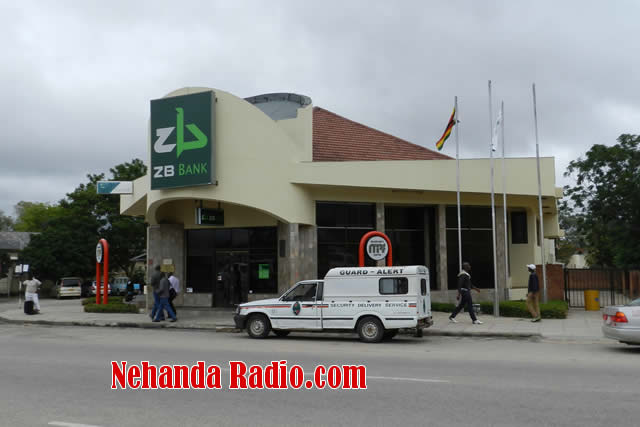The rise of China in Zimbabwe:
"Closer economic and diplomatic ties between China and Zimbabwe have had wide and far-reaching effects. Not only has Beijing been vetoing plans by the West and European capitals to take sterner action against Harare at the United Nations Security Council for her alleged human rights violations, but its capital has also come in handy for Zimbabwe.
State-owned Chinese firms, supported by their powerful State apparatus and employing low-cost but efficient labour are not only outbidding contractors from other parts of the world for African projects, but are now controlling a formidable slice of telecommunications, textiles, construction and mining deals in Zimbabwe..."
"Closer economic and diplomatic ties between China and Zimbabwe have had wide and far-reaching effects. Not only has Beijing been vetoing plans by the West and European capitals to take sterner action against Harare at the United Nations Security Council for her alleged human rights violations, but its capital has also come in handy for Zimbabwe.
State-owned Chinese firms, supported by their powerful State apparatus and employing low-cost but efficient labour are not only outbidding contractors from other parts of the world for African projects, but are now controlling a formidable slice of telecommunications, textiles, construction and mining deals in Zimbabwe..."









